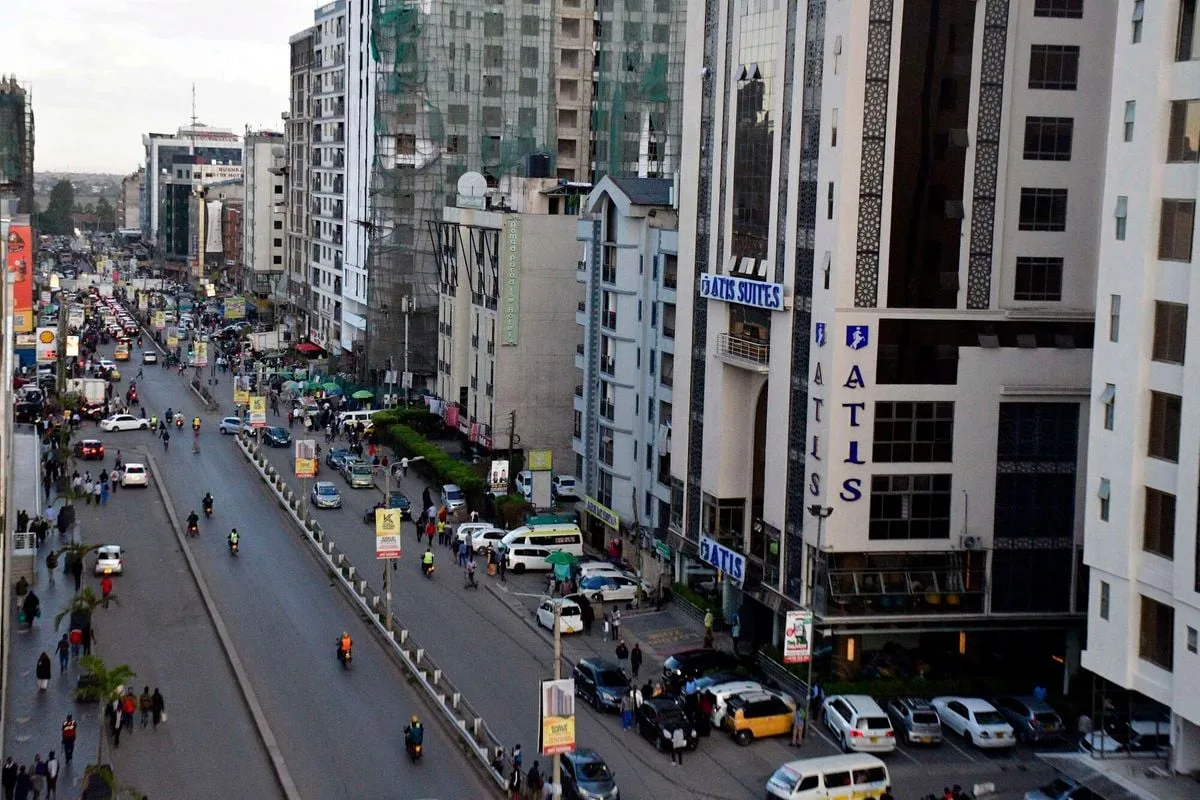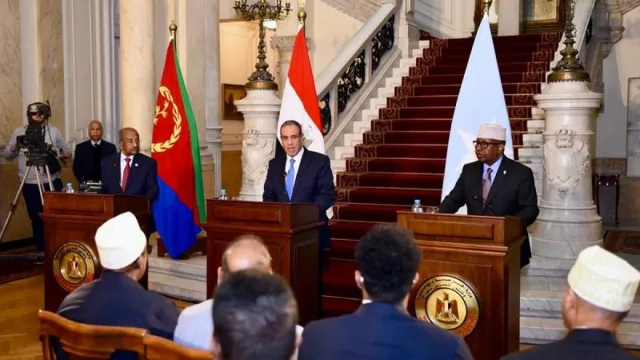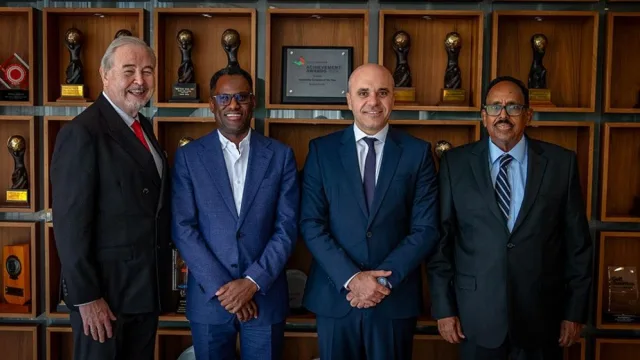In recent weeks, Kenya has witnessed an escalating debate over the role and influence of its Somali community in national affairs, spotlighting deeper questions about ethnic relations and economic power in the East African nation.

The controversy gained prominence following provocative comments by Francis Gaitho, sports commentator from the Kikuyu community, who coined the term “Somali Oligarchs” to describe what he perceives as disproportionate influence wielded by members of the Somali community in Kenya’s political and economic spheres.
Community Impact and Contributions
The Kenyan Somali community, predominantly based in the country’s Northeastern regions, has established a significant presence in major urban centers, particularly Nairobi and coastal areas. Their impact on Kenya’s economy spans multiple sectors, including real estate, banking, logistics, and telecommunications, where many Somali-owned businesses have emerged as industry leaders.
“The investments made by Kenyan Somalis have contributed substantially to the country’s economic growth,” notes Dr. Sarah Kimani, an economic analyst at the University of Nairobi. “Their entrepreneurial spirit has created thousands of jobs and generated significant tax revenue for the government.”
Political Representation Sparks Debate
The appointment of several Kenyan Somalis to high-ranking positions in President William Ruto’s administration has intensified the discussion. Notable figures include Aden Duale, Amin Mohamed, Noor Gabow, and Noordin Haji, whose appointments have been viewed differently across the political spectrum.
Supporters argue these appointments reflect Kenya’s commitment to inclusive governance, while critics, including Gaitho, suggest they represent an overcentralization of power within one community.
Social Media Amplifies Tensions
The debate has taken on new dimensions in the digital age, with social media platforms becoming battlegrounds for competing narratives. Gaitho’s use of the term “Somali Oligarchs” has sparked particular controversy, with many observers warning about the dangers of such rhetoric in Kenya’s multi-ethnic society.
“Using such loaded terms risks inflaming ethnic tensions and undermining the social fabric that has taken years to build,” warns Professor James Mwangi, a conflict resolution expert at Strathmore University.
Economic Reality vs. Perception
Despite the heated rhetoric, economic data suggests the Somali community’s business success stems from strategic investments and entrepreneurial acumen rather than unfair advantages. Their contributions to sectors like retail trade, transport, and real estate have helped modernize Kenya’s economy and create employment opportunities across ethnic lines.
As Kenya continues to navigate these sensitive discussions, many leaders are calling for a more balanced dialogue that acknowledges both concerns about equity and the positive contributions of all communities to national development.
“The strength of our nation lies in its diversity,” remarks Dr. Alice Odhiambo, a sociologist specializing in ethnic relations. “We must ensure that debates about influence and representation don’t undermine our national unity or economic progress.”
The ongoing controversy underscores the delicate balance Kenya must maintain between celebrating its diversity and addressing concerns about economic and political representation. As the nation moves forward, the challenge will be to foster inclusive growth while preventing ethnic tensions from derailing progress toward national unity.


